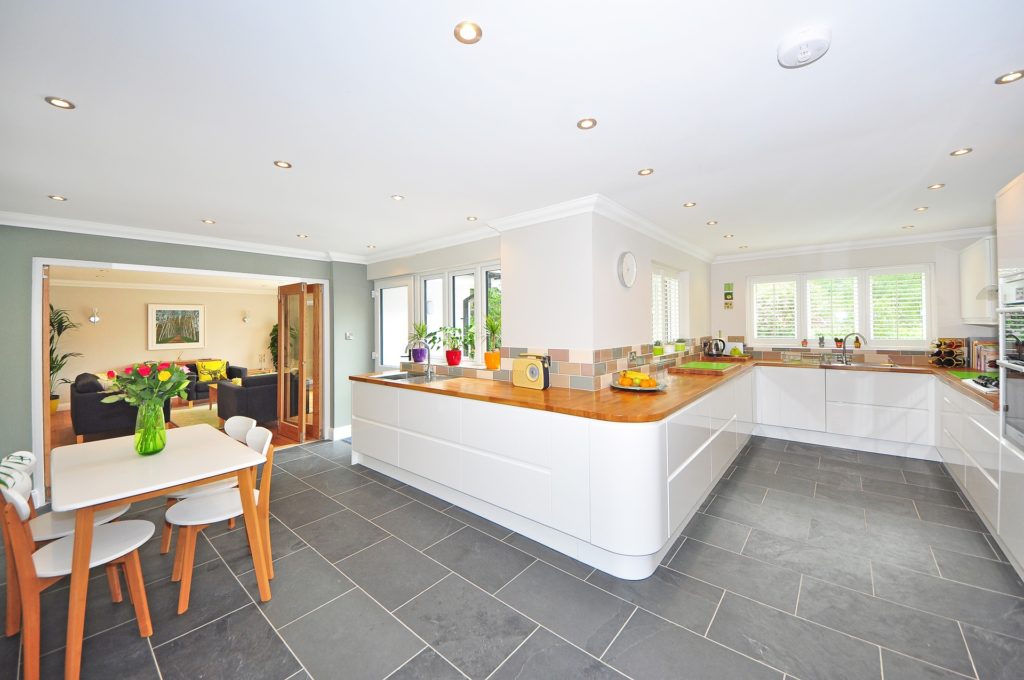Home ownership has long been considered a key part of the American Dream, but deciding whether to buy or rent can be difficult. There are both pros and cons associated with each option that must be weighed in order to make an informed decision. This article will examine these two options in detail, exploring their respective benefits and drawbacks.
Cost Of Buying A Home
When it comes to deciding whether or not to purchase a home, cost is an important factor. The amount of money required for purchasing a house depends on several variables such as the location and condition of the property, the size of the down payment, closing costs, insurance premiums, taxes and other fees associated with buying a home. Homeowners also need to consider additional expenses including mortgage payments, maintenance costs and potential repair/renovation expenses. Ultimately, when all these expenses are accounted for, owning a home can be quite expensive.
On the other hand, renting requires tenants to pay rent each month in addition to paying deposits and rental application fees at the start of their lease agreement. This initial sum is generally much lower than what would be needed to purchase a home. Furthermore, landlords typically take responsibility for any repairs that may be necessary throughout tenancy which could result in significant savings over time compared to homeowners who must manage their own repairs and renovations. Even though monthly rent payments tend to increase gradually over time due to inflationary pressures on housing markets across countries, they remain comparatively low when compared with homeowner’s mortgages; this makes renting more affordable than purchasing a home in some cases.
Renting a home can be an attractive option for many reasons. One of the most obvious advantages to renting is that it requires significantly less money upfront than buying a house. Generally, renters are only required to pay a security deposit and first month’s rent in order to move into their new residence. Furthermore, they do not have to worry about paying a down payment or closing costs associated with purchasing a home.
On the other hand, when one decides to buy a home, there are additional expenses that need to be taken into consideration. This includes the cost of appraisals and inspections as well as fees for mortgage insurance and property taxes which all add up over time. Additionally, buyers must also consider maintenance costs such as repairs and renovations which may arise during their ownership period. Ultimately, these factors increase the overall expense of owning rather than renting a home, making it an important factor to take into account when weighing the pros and cons of each choice.
Advantages Of Buying A Home

The advantages of buying a home are numerous. One of the most significant is that, over time, homeownership can be an effective way to build wealth and equity. As the homeowner pays off their mortgage loan, they gain access to more money as their principal balance decreases. Furthermore, any increase in value for the property will boost their net worth even further. Additionally, when purchasing a house, buyers have greater control over their living space than if they were renting from a landlord. This includes being able to make modifications or renovations on the interior or exterior of the building according to individual needs or preferences without needing approval from anyone else. Buying also allows people to be part of vibrant communities where neighbors look out for one another and share similar interests or values. Finally, owning a home provides peace of mind and stability; it eliminates worries about landlords raising rent prices or selling the property while tenants are still occupying it.
Additionally, owning a house provides more stability than renting because it gives people greater control over their living environment and allows them to make modifications as they please. Furthermore, owning a home also has tax benefits such as deductions for mortgage interest or property taxes paid during the year.
Finally, one of the most significant advantages of owning a home is that it can provide long-term financial gains if prices appreciate in your area and when you decide to sell. Although real estate markets can be unpredictable, with proper research into local market trends and conditions, buyers may be able to anticipate future growth in value and benefit from any increases when selling later on down the road.
Disadvantages Of Buying A Home
When it comes to buying a home, there are also some disadvantages to consider. Firstly, purchasing a property involves significant upfront costs such as the down payment and closing costs that can often be difficult for first-time buyers to afford. Furthermore, maintenance fees are usually higher with homeownership than renting since homeowners are responsible for any repairs or renovations that need to be done on their homes. Additionally, real estate taxes must be paid each year by those who own their own homes. This cost is not typically included in rental payments made by tenants. Lastly, owning a home is essentially an investment which may involve risks of fluctuating market value over time depending on local economic conditions. For example, if housing prices fall significantly in a given area then the homeowner’s equity may decline accordingly. Therefore when deciding whether to buy or rent a home these potential drawbacks should always be taken into account.
When considering the disadvantages of buying a home, it is important to consider both financial and emotional costs. Financially speaking, purchasing a home requires paying for significant upfront costs such as closing fees, moving expenses, down payments, inspections and more. There may also be ongoing maintenance and repair costs that come with homeownership. Furthermore, if you are unable to stay in your house for an extended period of time due to relocation or other circumstances, it can take longer to recuperate those initial investments.
Emotionally speaking, owning a home often brings with it unexpected responsibilities and stressors such as dealing with neighbors or navigating municipal regulations. Additionally, purchasing a home ties up much of one’s liquid assets which can limit future choices and flexibility. For example, if unexpected life changes occur after buying a house – including medical bills or job loss -you may find yourself without adequate resources to cover them adequately.
Conclusion
The decision to purchase or rent a home is an important one. Both come with their advantages and disadvantages, thus making it difficult for individuals to decide which option best fits their needs and lifestyle. Financially speaking, buying a home can be costly up front due to the initial deposit and potential mortgage payments that need to be made. However, in the long run homeowners may benefit from appreciation of property as well as tax benefits associated with owning a property. Despite these advantages, there are certain drawbacks such as having to pay for maintenance costs when needed. On the other hand, renting can also provide certain benefits such as lower rental costs than purchasing a home would require along with less responsibility in terms of upkeep. Unfortunately this option comes at a cost too since renters do not have access to the same financial incentives available to homeowners. In conclusion, both options have pros and cons that should be considered before committing to either choice; however, understanding individual circumstances will ultimately determine which route is most appropriate for each person’s specific situation.




